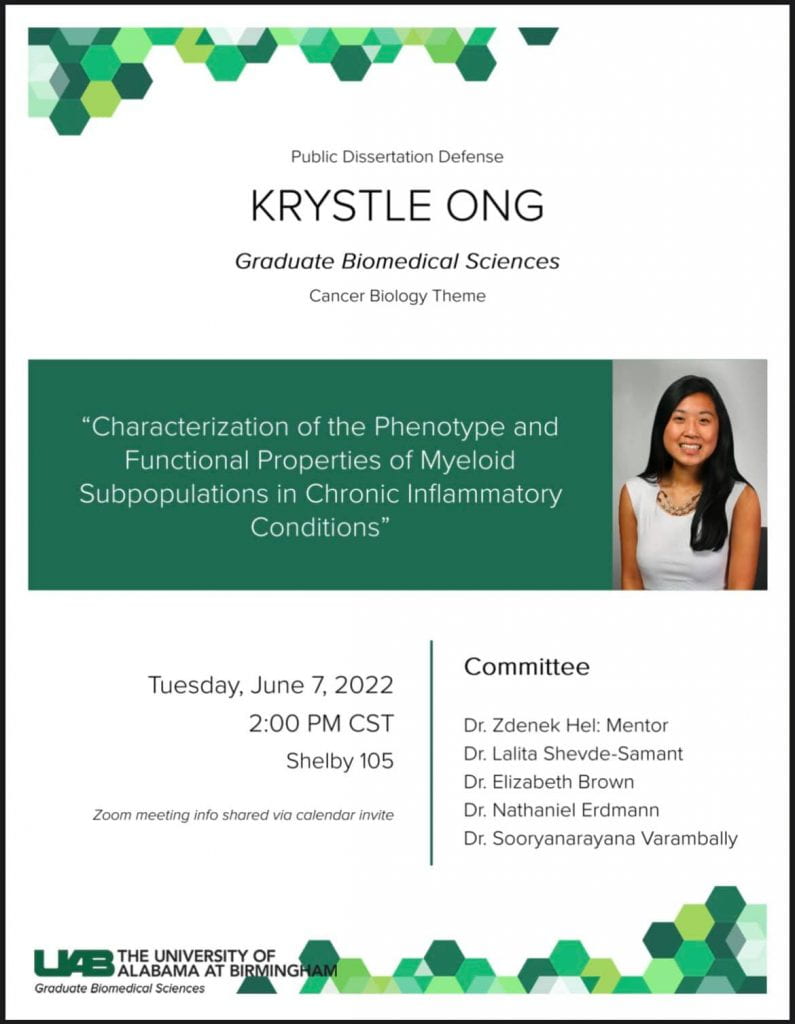
Myeloid cells represent a subset of leukocytes traditionally recognized as first responders to acute inflammatory stimuli. In recent years, there has been a growing appreciation of the role of myeloid cells as critical regulators of the immune system in disease pathogenesis and progression. Chronic inflammatory diseases including viral infections, autoimmune diseases, and malignancies are frequently associated with altered myelopoiesis characterized by a profound shift in the myeloid cell phenotype and function. The work presented in this dissertation provides an insight into dysregulated myelopoiesis and myeloid heterogeneity in multiple myeloma (MM), human immunodeficiency virus-1 (HIV-1), and coronavirus disease-19 (COVID-19). We identify a distinct myeloid phenotype in a subset of MM patients that is characterized by significant differences in the properties of granulocytic and monocytic subpopulations indicative of altered myelopoiesis. Characteristic features of the phenotype, termed MM2, are associated with myeloma-defining events and advanced-stage disease. We identify and characterize an immature neutrophil (imN) subpopulation defined as CD16–CD10–CXCR2loCD64+CD66b+ with distinct phenotype and function. imNs are readily identifiable in whole blood in HIV-1, COVID-19, and MM and demonstrate signs of proliferative activity. Furthermore, we examine the interactions between neutrophils and platelets as a mechanism for promoting the low-density neutrophil phenotype. Overall, these findings provide a framework for future investigations focusing on altered myeloid phenotype and function in chronic inflammatory diseases and novel approaches for therapeutic intervention.
